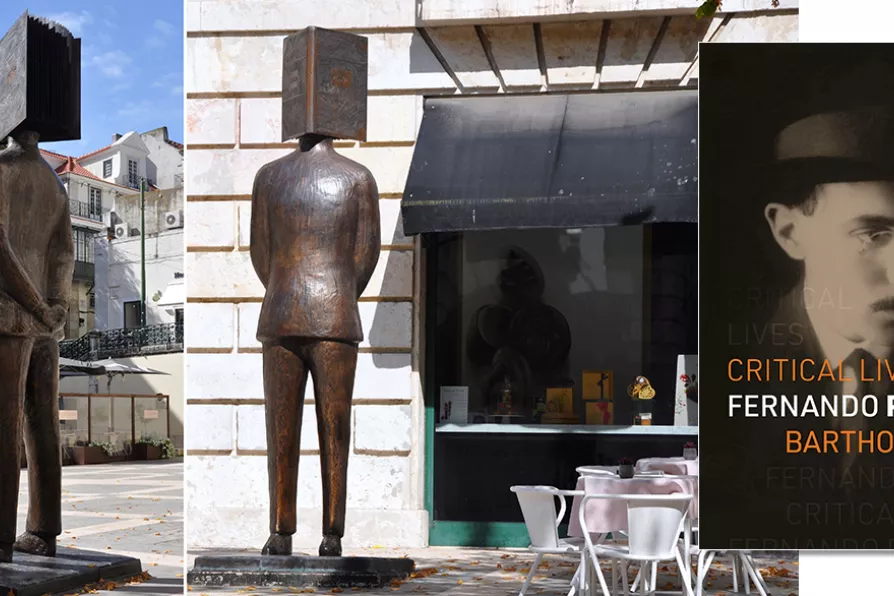
Critical Lives: Fernando Pessoa
by Bartholomew Ryan
Reaktion Books £12.99
FERNANDO PESSOA, Portuguese poet of the enigmatic self, is the latest focus of the Critical Lives series from Reaktion Books; a series of short critical biographies that presents the work of important cultural figures in the context of their lives.
Despite living in relative obscurity, Pessoa is now an increasingly recognised figure of modernist literature. This book, written by a Lisbon-based university philosopher, attempts to locate Pessoa within the ideas and events, influences and shifting politics of his age.
To capture Pessoa is challenging: “I think therefore I am not” — Pessoa’s flipping of Descartes’ famous saying characterises much of his writing. He is a self-proclaimed empty vessel, a thing of shreds and patches, fragmentary writings, abandoned projects, works unrealised.









 Latest editorial
Latest editorial






